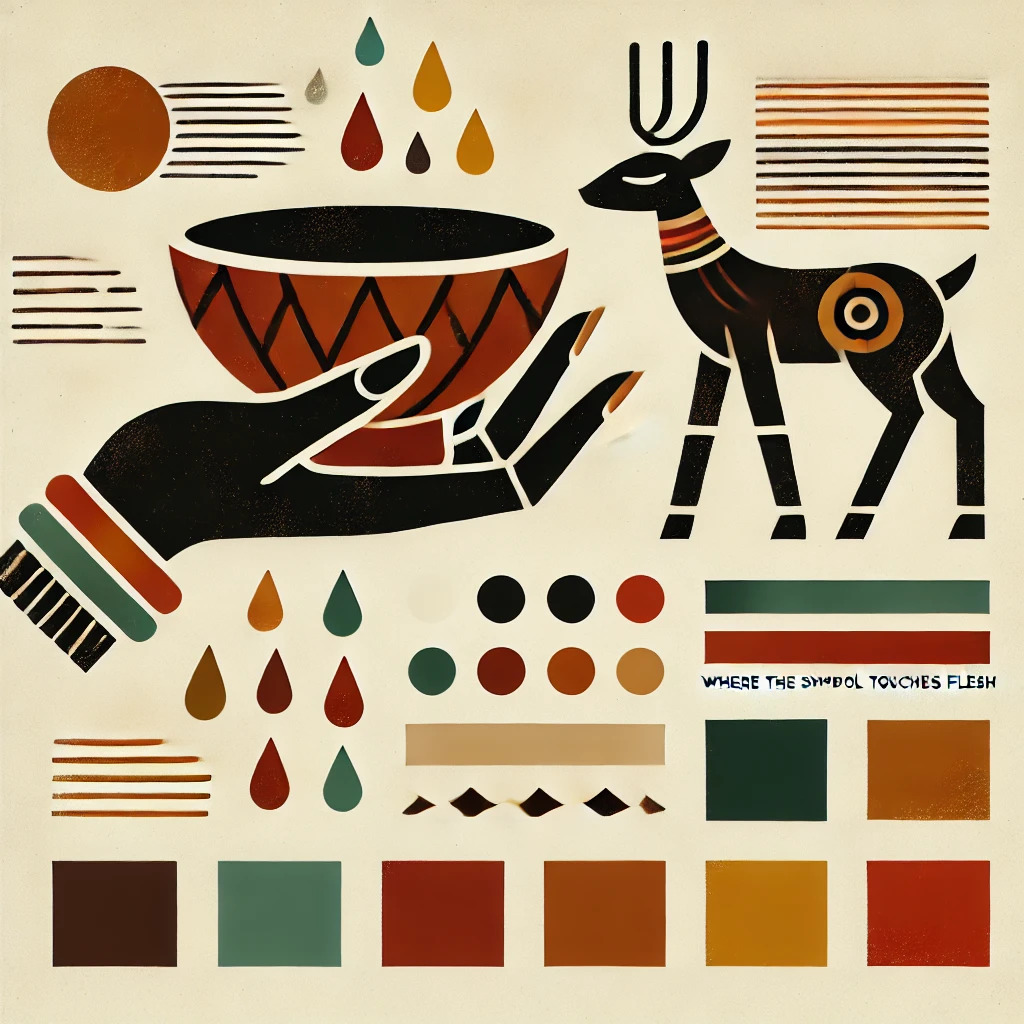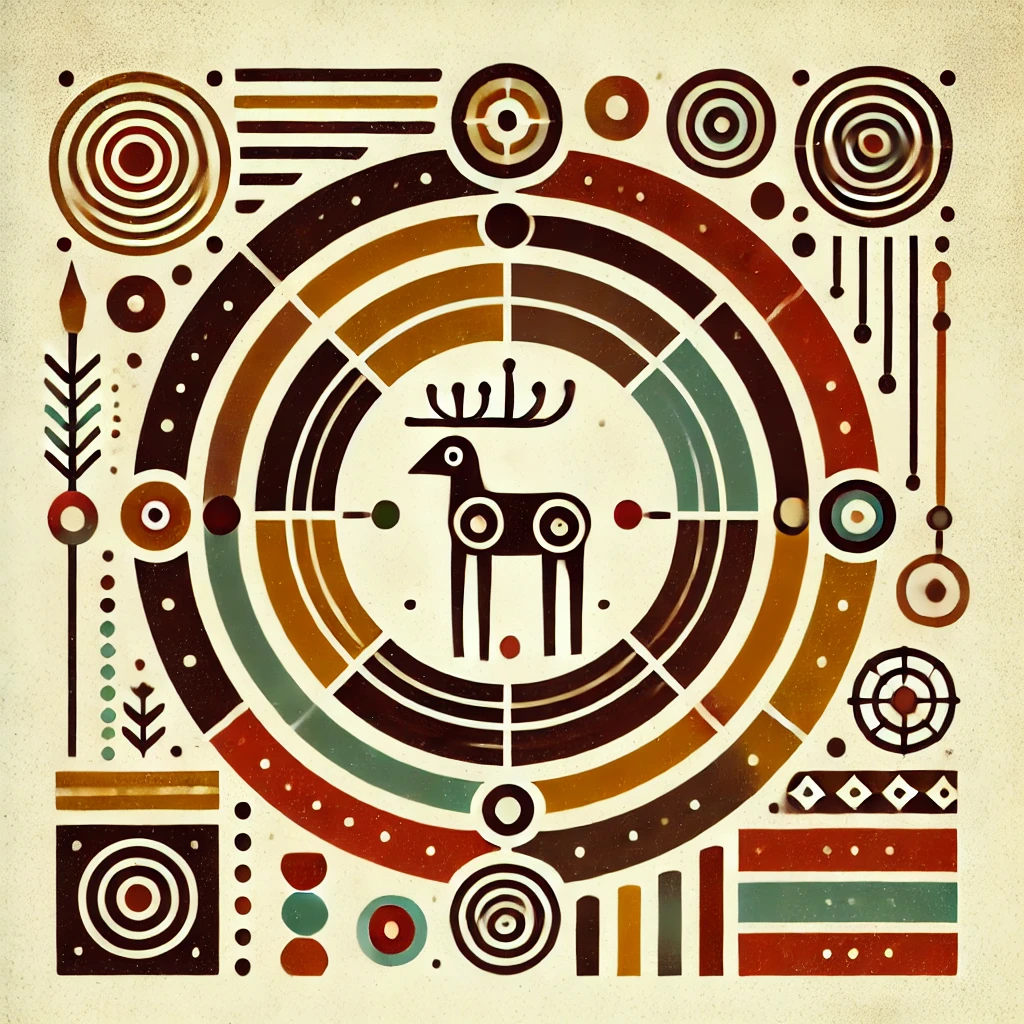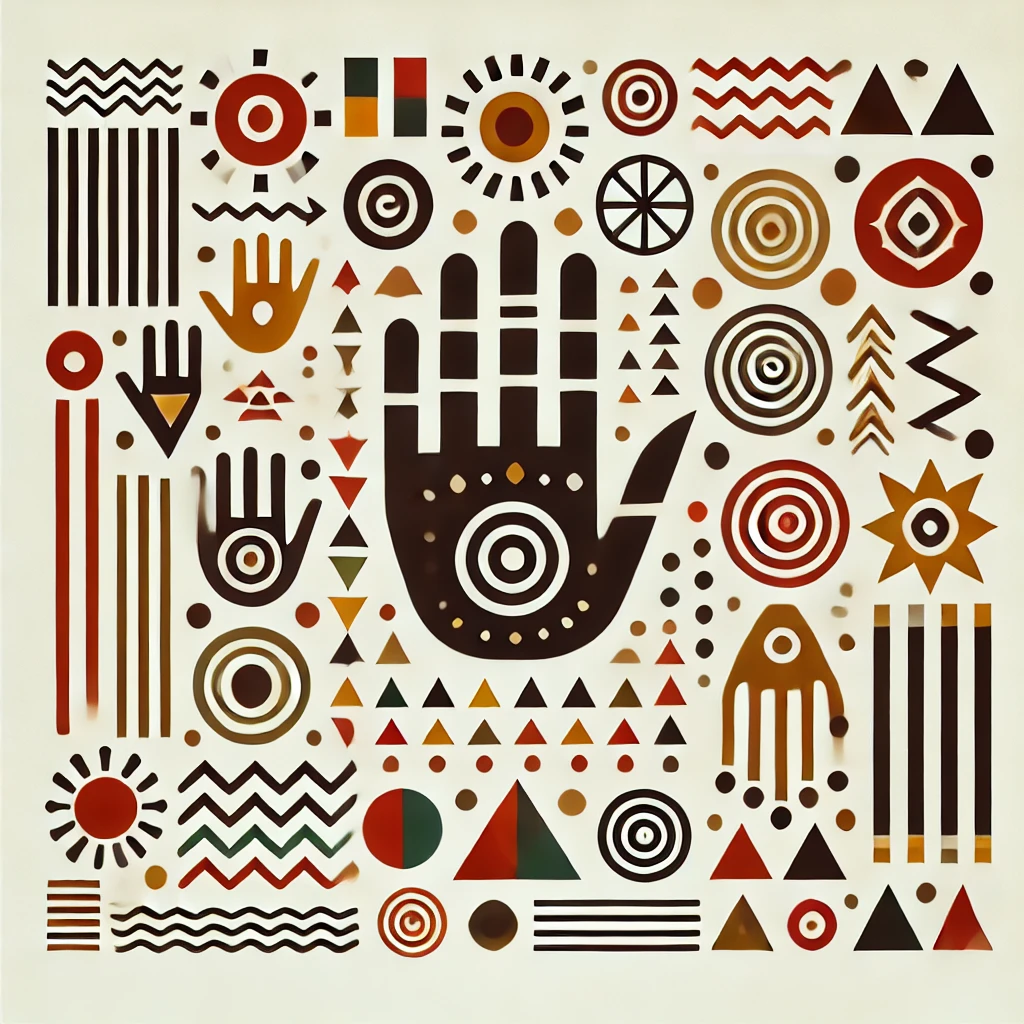The deeper rhythms are rarely dramatic. They settle in like fog. Soft. Unnoticed. And then one morning, the breath changes. Or the knees ache. Or an image presses against the inside of the chest. It has been there a long time. It simply waited for you to feel it.
The pip cards in the tarot have a quiet rhythm. They rarely ask for attention. They come without names, without faces. Just a number and a symbol. A pattern arranged on the card. Like a marking left behind. Like the shape your body makes when it remembers something forgotten.
The mind may not know what to do with these cards. There is no clear story. No character to follow. But the soul does not need a plot. It listens in curves, in textures, in repetitions. The pip cards speak to the places in us where language no longer reaches. Where the symbol still breathes.
The ones are fresh. They carry the smell of birth. The hand reaches, the eyes open, the body stirs. The air feels different around them. They are not instructions. They are a pulse. The feeling of yes, before the voice forms it.
The twos arrive with a kind of ache. The space between. A breath held. A weight waiting to settle. They live in the pelvis. The place where things split and stretch. Where opposites take root without needing to be resolved.
The threes begin to hum. Something starts to grow. It may feel wobbly or wild. A vibration moves through the hips, asking for form. The body wants to shape it into movement, into speech, into expression.
Then come the fours. There is structure. Sometimes safety. Sometimes restriction. They can hold or harden. They press down into the bones. They bring quiet, but also tension. Stillness, when held too long, can begin to ache.
The fives speak loudly in the body. The hands clench. The stomach turns. Something breaks open. It is rarely comfortable. But something has become too tight. The old skin can no longer hold the breath inside.
The sixes gather what the fives shattered. They knit. They return to rhythm. They do not rush. They place one stone beside another. They remind the body what it feels like to belong.
Sevens turn inward. They can be restless or deep. They ask you to listen again. Not with your ears. With your skin. With your belly. With the part of you that knows without speaking.
Eights move. They find a pattern. A gesture repeated over and over until it becomes prayer. There is power in this rhythm. It strengthens the back. It grounds the feet. It carries something forward.
The nines begin to pull back. The eyes close. The breath slows. There is solitude in these cards. But not loneliness. A kind of ripening. A fruit turning toward sweetness in the dark.
And then the tens. The fullness. Sometimes it feels like grace. Sometimes too much. The tens stretch the skin. They bring what was carried all the way to the surface. The body feels it. The hands may open, or clench tighter. The weight has arrived.
Each card can be felt somewhere in the body. That is where their truth lives. The mind can try to explain them, but the body already knows. It has known these stories long before the cards were drawn. The shapes are familiar. The rhythms are ancient.
Some cards resist interpretation. They do not respond to questions. They ask to be lived. To be carried like a scent that will not fade. To be traced in the body until their meaning dissolves into presence.
This is the way of the pips. They do not entertain. They do not perform. They stay near the skin. Near the ground. Near the breath that has always known where you are. Even when you have forgotten.
Rose – Soulful Nuggets Team
This blog is a reflection on the course ‘A Jungian Perspective on the Tarot‘
by Jungian Analyst Ken James on JungPlatform.com.





